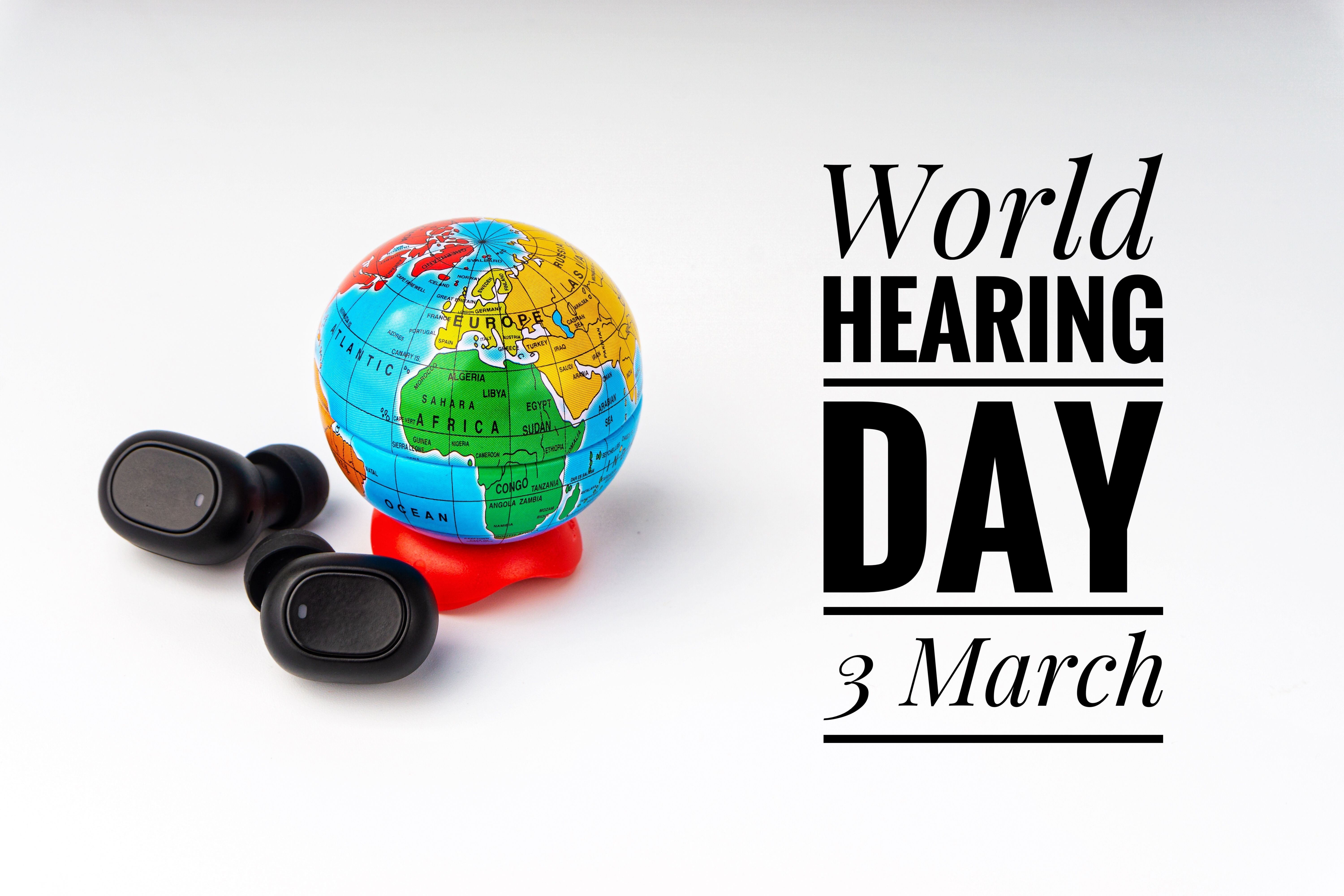World Hearing Day 2023: How do we improve hearing care?
by Envoy Medical Staff Member, on March 4, 2023

The World Health Organization designates March 3rd of each year as World Hearing Day to create awareness around hearing loss which affects over 5% of the world's population. This year highlights the importance of ear and hearing care for all.
Hearing loss is underdiagnosed and undertreated and is the third most common chronic physical condition in the US, twice as prevalent as diabetes or cancer. Studies have linked hearing loss to mental health issues, including depression, social isolation, and anxiety. Hearing loss triples the risk of an accidental fall.
If you have hearing loss, you have a greater chance of developing dementia. The Lancet commission report named hearing loss as the single most modifiable risk factor for dementia.
Most concerning is the high number of people living with hearing loss and not treating it. Among adults aged 70 and older with hearing loss who could benefit from hearing aids, fewer than one in three (30 percent) has ever used them. Even fewer adults aged 20 to 69 (approximately 16 percent) who could benefit from wearing hearing aids have ever used them. Those with more severe hearing loss don't benefit from a hearing aid and need a cochlear implant. However, only 5% of US adults who could benefit from a cochlear implant have one. Cochlear implants are typically covered by insurance.
However, studies show primary healthcare providers believe options for people with hearing loss are limited, and few providers prioritize hearing health and/or regularly recommend annual hearing evaluations. This study showed less than half of providers reported recommending hearing testing for their patients at least once per year, whereas evaluation of blood pressure, total cholesterol, body mass index, and blood glucose levels are recommended at least annually by more than 80% of providers.
Hearing loss tends to be self-reported, and hearing aids are not typically covered by insurance. These factors limit access to obtaining and affording hearing treatment. Hearing loss is a chronic health condition and tends to deteriorate over time.
Most insurance companies look at hearing loss treatment options as"elective," and hearing loss is not one of the 35 mandated items they are required to cover. Hearing aids are expensive, and hearing loss is a lifelong issue, so treatment costs add up over time.
While progress has been made with the implementation of the Over-the-Counter hearing aid law, which allows those with perceived mild to moderate hearing loss the opportunity to purchase a device on their own at a lower cost, it does not require insurance to cover.
The Medicare Hearing Aid Coverage Act of 2023 (H.R. 244) is designed to remove the outdated "hearing aid exclusion" Medicare has had in place since 1965 and include coverage for examinations. This exclusion prohibits other treatment options (such as the Esteem hearing implant) from even making a case for coverage because Medicare refers to the treatment option as a hearing aid and denies coverage citing the hearing aid exclusion. Many older adults with hearing loss have been denied access to hearing healthcare treatment and services putting them at a higher risk for related health conditions and negatively impacting their ability to live healthy and independent lives.
Those without hearing loss are often unaware that treatment is not covered and are unaware of the many health issues related to hearing loss. We can each contribute to advocacy efforts by educating others on the challenges to help expand awareness and increase support.

Celebrate World Hearing Day 2023 by writing a Letter to your members of congress.
Click here to request a letter template!


